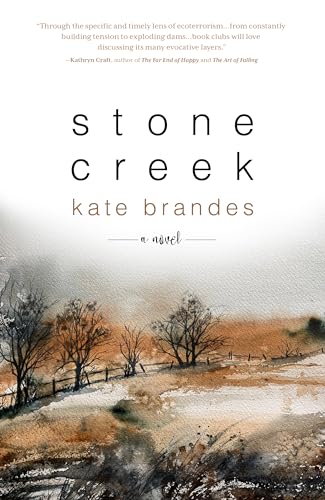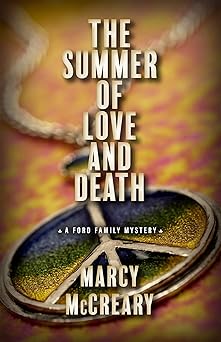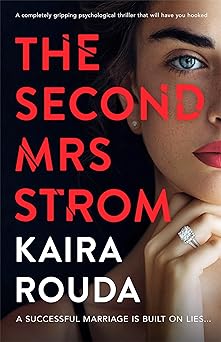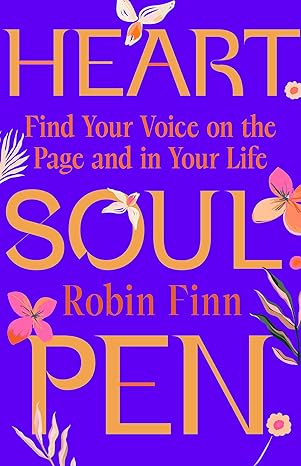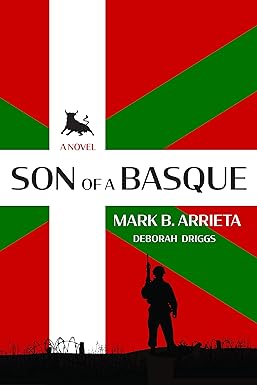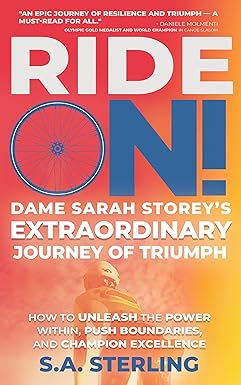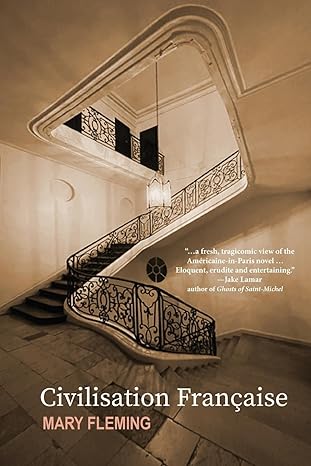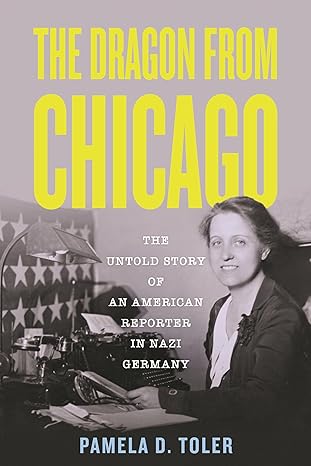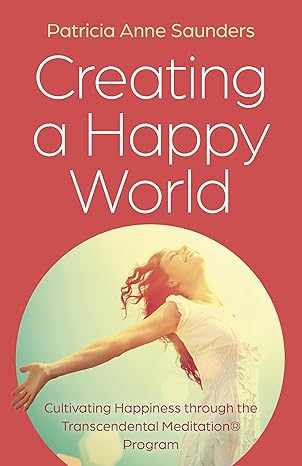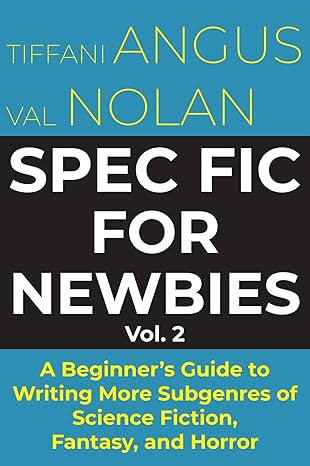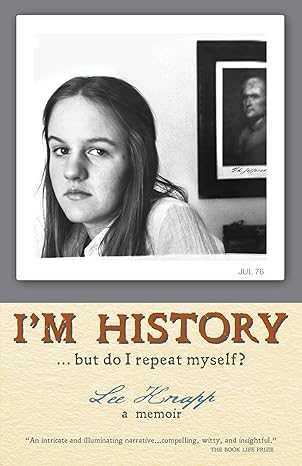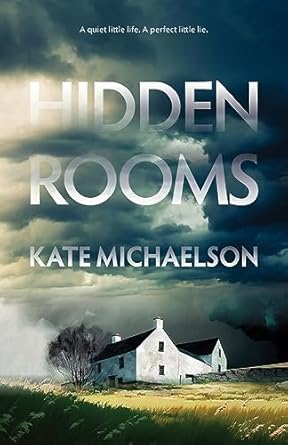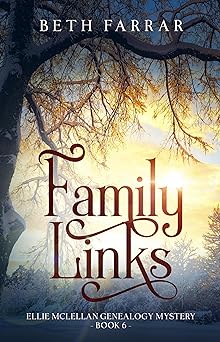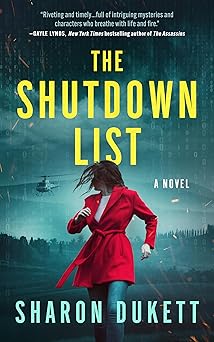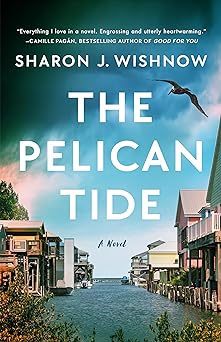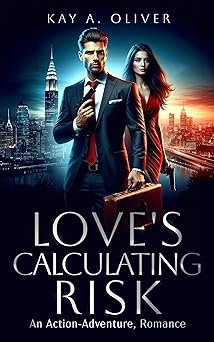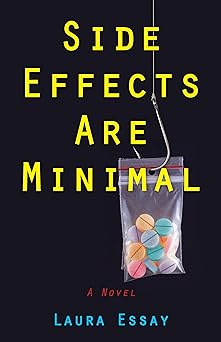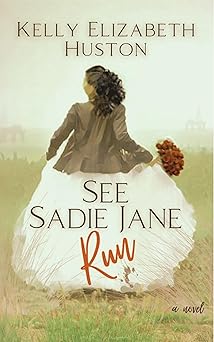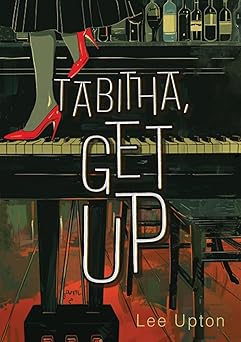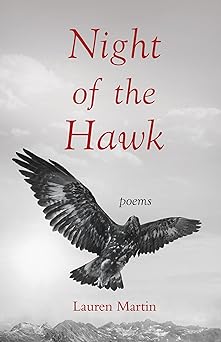Why I Wrote The Die
By Jude Berman
 It was the second Tuesday of November 2016. I was on a plane to Kauai, off to enjoy some R&R, having worked long days on the leadership team for HRC’s call center in the Bay Area. This was our celebratory moment, our time to feel the satisfaction—and relief—of a hard-earned victory. Except it wasn’t.
It was the second Tuesday of November 2016. I was on a plane to Kauai, off to enjoy some R&R, having worked long days on the leadership team for HRC’s call center in the Bay Area. This was our celebratory moment, our time to feel the satisfaction—and relief—of a hard-earned victory. Except it wasn’t.
As the plane went into its final approach over the turquoise waves and lush greenery of Lihue, I was thinking of Hillary. If I feel bad, I thought, imagine how she must feel! Then an image flashed into mind: “Hillary is in exile!”
In the moments between that flash and the plane slowing to a halt on the tarmac, the entirety of The Die coalesced in my mind.
How did that happen? Let me backtrack…
In my early twenties, I was out in the woods of Western Massachusetts with a friend when my awareness unexpectedly and dramatically shifted. Everything around me—the trees, the rocks, the creek, the sky, the friend—suddenly appeared as blazing light. I could see all the physical forms, but I also saw their essence was nothing but light. I myself was nothing but light.
Since this experience didn’t fit with my understanding of the universe, and I hadn’t taken ingested anything that could account for it, I went searching for answers. Ultimately, that led me to a yogic path based on the philosophies of Vedanta and Shaivism. One scripture I was drawn to was the Mahabharata.
With almost two million words, the Mahabharata is the world’s longest epic poem, though only one section, the Bhagavad Gita, is at all familiar to Westerners. A recent English translation is available as a forty-five-hour audiobook. Its story, in a nutshell, centers on five princes (the Pandava brothers) who are sent into exile by an evil king who has shrewdly cheated them out of their rightful kingdom. They must endure thirteen years of exile before they can return to face the king on the battlefield and reclaim what belongs to them.
In 2003, I left the ashram where I’d lived and studied for a few years and returned to my freelance writing and editing business. It felt like the right time to be back in the world, but I also wanted to bring with me what I had learned—not just in terms of my own awareness, but as a more creative and public offering.
I knew I couldn’t just recommend that people read the Mahabharata. The average Westerner would find it too archaic, too obscure. Too long. So I played around with how to make the ancient wisdom accessible to modern readers. And I came up with an idea: a collection of short stories based on selected tales from the epic but recast in a future world. I would set it in Silicon Valley, where I’d had some gigs as a technical editor. The war with a physical battlefield in ancient times would become a cyberwar. Instead of astras, the supernatural weapons of the epic, I would have futuristic gaming technology and apps. I wasn’t going to write a book with five men as the main characters, so I transformed them into a diverse bunch who nonetheless captured the traits of their princely models.
The basics of this collection of stories came together. But then it stopped. Somehow I lost traction. It definitely wasn’t writing itself. Eventually I put it away and turned my attention to other writing projects.
Flash forward thirteen years. As we landed in Kauai and I saw Hillary banished from the political landscape, defeated and in exile… I simultaneously saw the Pandavas exiled in the Kamyaka forest.
I realized that was the missing link! I’d had the past in the form of the ancient epic. And I’d had the future in the form of a Silicon Valley tech company story. What I’d been missing was the present—the sociopolitical reality we are living in. It was ironic that I’d missed the present moment, but I suspect we do that all too often.
As soon as the past, present, and future came together, I saw the book I had to write. It was one story in the form of a novel, not a collection of short stories. During my days on the island, I outlined the chapters and started writing. My working title was The Krishna Code—which I still like, though I recognize it wasn’t mainstream enough—but little else changed from that draft to the version published this year.
The Die is metaphysical speculative fiction that takes the essence of the ancient teachings most relevant to our current situation—in Krishna’s words, Do your work with evenness of mind, remaining indifferent to success or failure—and puts it into a context with characters people can relate to now. The story stands alone in the sense that readers need not know anything about the epic to enjoy the future story or apply its lessons to their lives.
I wrote The Die in response to the 2016 election, fearing the risk to democracy would continue. I hoped I was wrong. But here we are in 2024, and the book has been published in another election year in which democracy is at stake. Perhaps, even in some small way, its message can keep us all out of exile in the years to come.
—
Jude Berman grew up amid floor-to-ceiling shelves of books in many languages. In addition to a love of literature, her refugee parents instilled in her a deep caring for cultural diversity and social justice. Jude has a BA in art from Smith College and an EdD in cross-cultural communication from UMass Amherst. After a career in academic research, she built a freelance editorial business and ran two small indie presses. Jude is the author of The Die (metaphysical speculative fiction) and The Vow (forthcoming, historical fiction). She lives in Berkeley, CA.
—
THE DIE
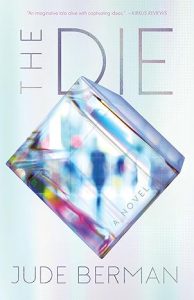 Darah, a tech writer living in the democratic nation of California, is dismayed to see the game she’s helping develop for a Silicon Valley tech company has been tampered with. When her hacker friend Jedd investigates, he uncovers a conspiracy that could change the nation—and the world.
Darah, a tech writer living in the democratic nation of California, is dismayed to see the game she’s helping develop for a Silicon Valley tech company has been tampered with. When her hacker friend Jedd investigates, he uncovers a conspiracy that could change the nation—and the world.
With a circle of close friends, Jedd digs deeper and deeper into the darknet and exposes the unthinkable: an app is being developed that uses quantum computing and neuroscience to alter people’s brains, totally unbeknownst to them. As the friends realize the devastating impact of this technology, they’re presented with a dilemma: stay quiet and stay safe, or risk their lives to stand up to the international authoritarian force behind this plot?
Combining activist, techno-thriller, and metaphysical fiction elements and scaffolded on three realities—the ancient wisdom of the Mahabharata, our current sociopolitical reality, and the near future—The Die is a fast-paced story about friendship, courage, and democracy.
The Die is a 2024 International Book Awards winner in Visionary fiction and Cross-genre fiction.
BUY HERE
Category: On Writing




